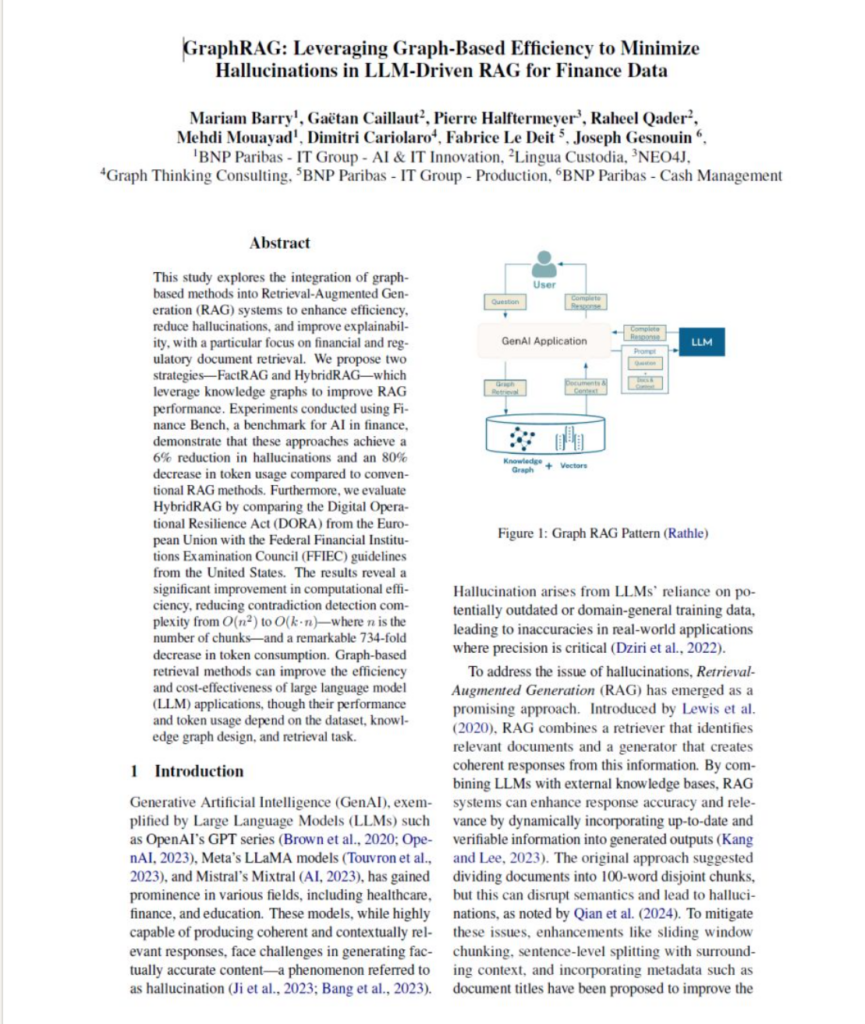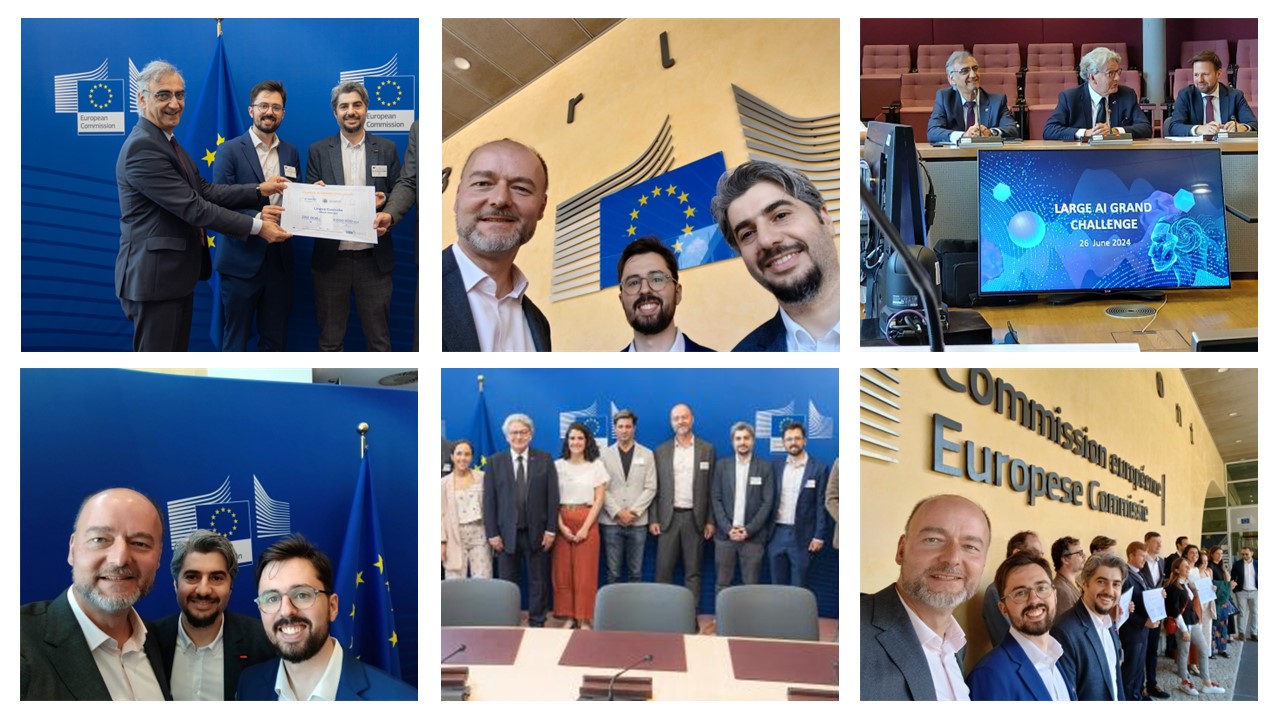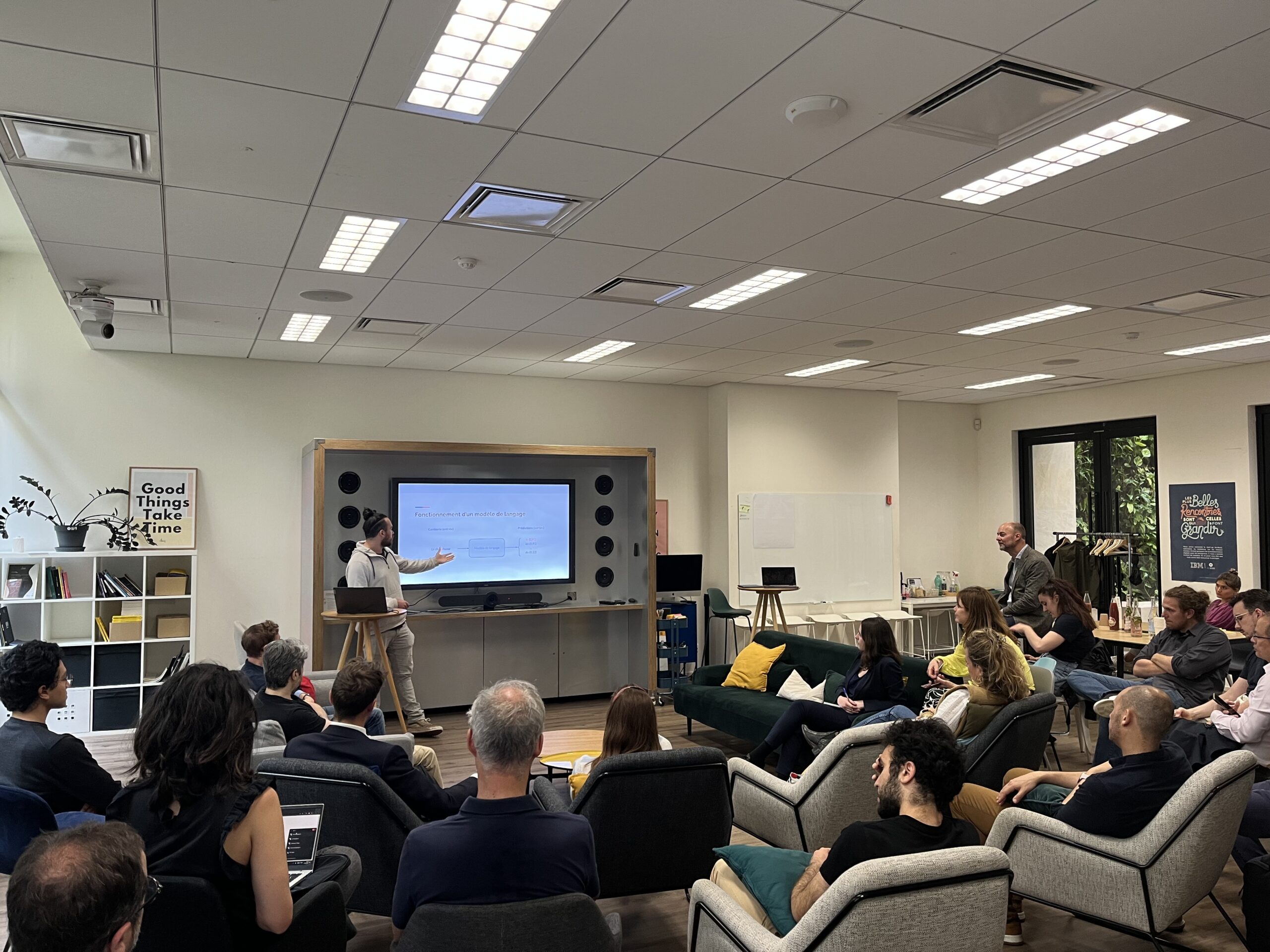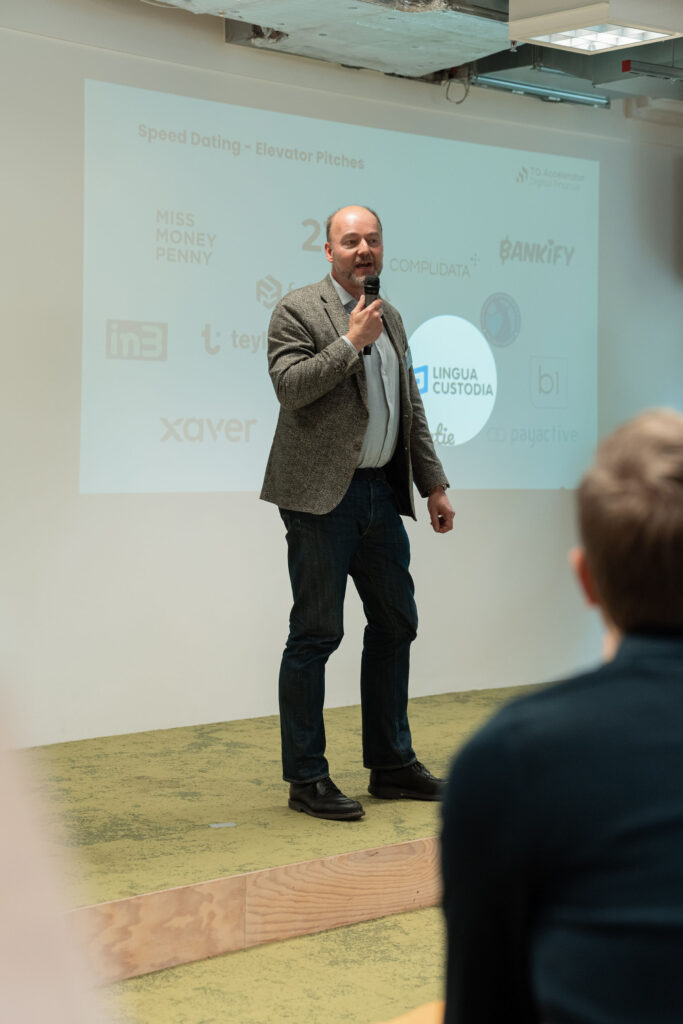The Buy v Build software dilemma for AI is a very pressing challenge for our financial clients. Skills and software are needed to build an inhouse solution, whereas purchasing the solution can be faster, though it might be more difficult to customise the solution to fully meet business requirements and there might be concerns about data security and privacy.
We asked our Our Head of Sales Frédéric Moioli, his thoughts on the Buy vs Build Software debate.
1) Lingua Custodia’s solutions are a ‘buy’ option, so how can we ensure our solutions match our clients’ needs?
Lingua Custodia’s solutions are uniquely positioned to match client needs due to several key factors:
Expertise and Innovation
Lingua Custodia leverages extensive expertise in Natural Language Processing (NLP) and AI ensuring solutions meet specific client challenges. Our dedicated Research & Development department, The LAB, drives innovation by developing new applications and keeping our products at the forefront of technology.
End-to-End Control
We maintain control over the entire value chain, from creating custom Large Language Models (LLMs) to rigorous data management and training. Our secure Retrieval-Augmented Generation (RAG) tool addresses crucial data security concerns.
Verto Platform : the one stop shop platform
Our advanced platform, Verto, serves over 10,000 users, integrating AI-powered tools for translation, transcription, data extraction, and efficient document analysis. By combining expertise, continuous innovation, comprehensive control of AI development, and a powerful platform, Lingua Custodia effectively aligns its solutions with the evolving needs of financial sector clients
2) How does Lingua Custodia help its clients considering a ‘build’ option?
At Lingua Custodia, we’re not a consulting house ; instead, we leverage our extensive expertise in AI technologies to support clients in the financial sector. Our LAB partners with the innovation labs of our clients on AI research projects.
Since our founding in 2011 by finance professionals, we have developed a deep understanding of our clients’ pain points. This allows us to customize AI models to meet their unique requirements effectively. The LAB’s innovations include the development of our cutting-edge Document Analyser, a generative AI tool designed for efficiency without requiring massive investments.
By providing secure, innovative solutions, we empower clients to enhance their operational efficiency while ensuring data security and compliance. This approach enables us to deliver high-quality, domain-focused solutions that align with the needs of the financial industry.
3) What is Lingua Custodia’s competitive advantage?
Lingua Custodia’s competitive advantage stems from several key factors:
At Lingua Custodia, we offer unparalleled security for our clients. Unlike many competitors, we don’t rely on public cloud services. Instead, our solutions are hosted on physical servers located in Europe, ensuring the highest level of data protection and compliance with strict financial industry regulations.
Our team consists of dedicated and versatile professionals with deep expertise in both finance and AI technologies. This unique combination allows us to understand the intricacies of financial operations and develop tailored AI solutions that address specific industry challenges. We are ultra-specialized in finance, having been founded by finance professionals in 2011. This means we don’t just understand AI; we intimately know how the financial sector works. Our deep industry knowledge allows us to create solutions that seamlessly integrate into existing financial workflows and address real-world pain points.
Our LAB, our dedicated Research & Development department, keeps us at the forefront of AI innovation. It continuously develops cutting-edge applications tailored to the financial industry’s needs.
By combining our secure infrastructure, specialized team, deep financial expertise, and continuous innovation through our LAB, we offer a unique value proposition that addresses the specific needs of financial institutions in today’s rapidly evolving technological landscape.








